Skill Development Training
Skill India
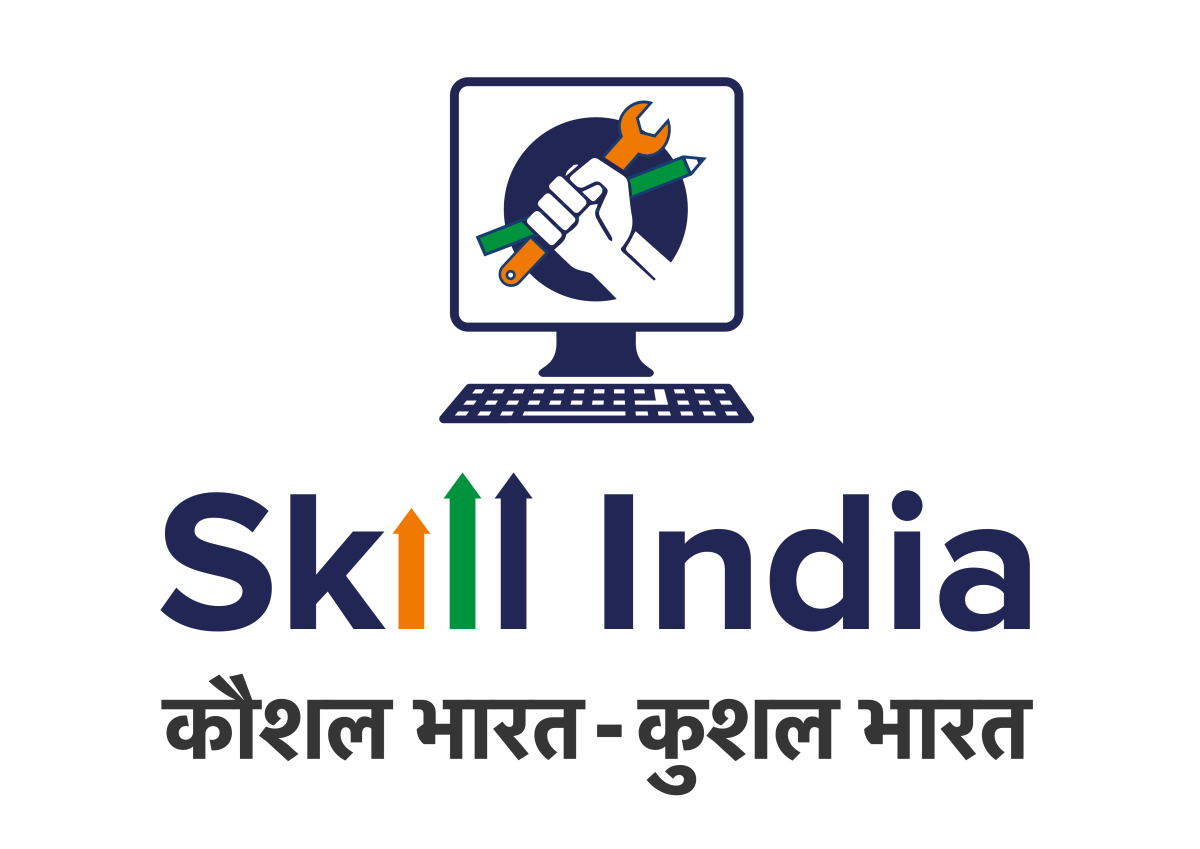 “The World Skills Day” on 15th July became a milestone in the history of India when our Prime Minister Shri Narendra Modi inaugurated the Pradan Mantri Kushal Vikas Yojna (PMKVY), the flagship scheme for Government’s Skill India Campaign. Skills and knowledge are the driving forces of any country contributing towards the economic growth and social development for any country. As India is now slowly progressing towards becoming a ‘knowledge economy’ there would be a need of skilled workforce in several sectors to increase productivity and maintain a healthy business environment.
“The World Skills Day” on 15th July became a milestone in the history of India when our Prime Minister Shri Narendra Modi inaugurated the Pradan Mantri Kushal Vikas Yojna (PMKVY), the flagship scheme for Government’s Skill India Campaign. Skills and knowledge are the driving forces of any country contributing towards the economic growth and social development for any country. As India is now slowly progressing towards becoming a ‘knowledge economy’ there would be a need of skilled workforce in several sectors to increase productivity and maintain a healthy business environment.
But the skill workforce of India is only 5% as compared to 60% to 90% in other developed countries. This shows there is a varied gap in the capacity and quality of training infrastructure, insufficient focus on workforce aspirations, lack of certifications and a pointed lack of focus on the unorganized sector. To tackle this skill gap among the Indian workforce, the National Skills Development Mission was given top precedence in the light for the need of skilled mass; and the Skills policy was revised with the objectives to:
- Create opportunities for youth through Skill development.
- Promote entrepreneurship among the youth.
- Industry relevant skill training
- Update Skills through significant industry involvement
- Coordinate private sector initiatives for skill development
- A revolution in the country building on the words
Ministry of Urban Development Government of India (MOUD)
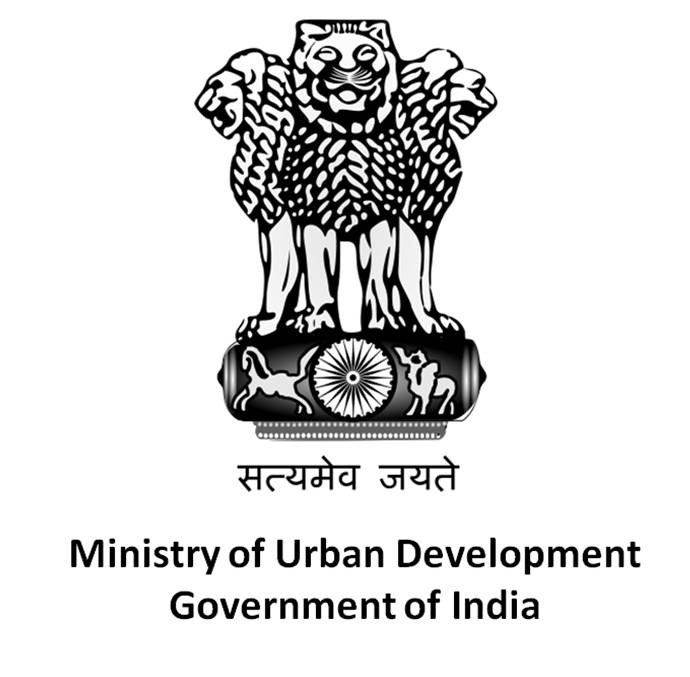 Ministry of Urban Development (MoUD) is the apex body which standardizes laws and regulations relating to the housing and urban development in India. Under the Ministry of Urban Development, the National Urban Livelihoods Mission (NULM) was founded to reduce poverty and susceptibility of the urban poor households by enabling them to access rewarding self-employment and regular wage employment opportunities, resulting in an appreciable improvement in their livelihoods on a sustainable basis by building strong level of institutions for the poor.
Ministry of Urban Development (MoUD) is the apex body which standardizes laws and regulations relating to the housing and urban development in India. Under the Ministry of Urban Development, the National Urban Livelihoods Mission (NULM) was founded to reduce poverty and susceptibility of the urban poor households by enabling them to access rewarding self-employment and regular wage employment opportunities, resulting in an appreciable improvement in their livelihoods on a sustainable basis by building strong level of institutions for the poor.
National Urban Livelihoods Mission (NULM)
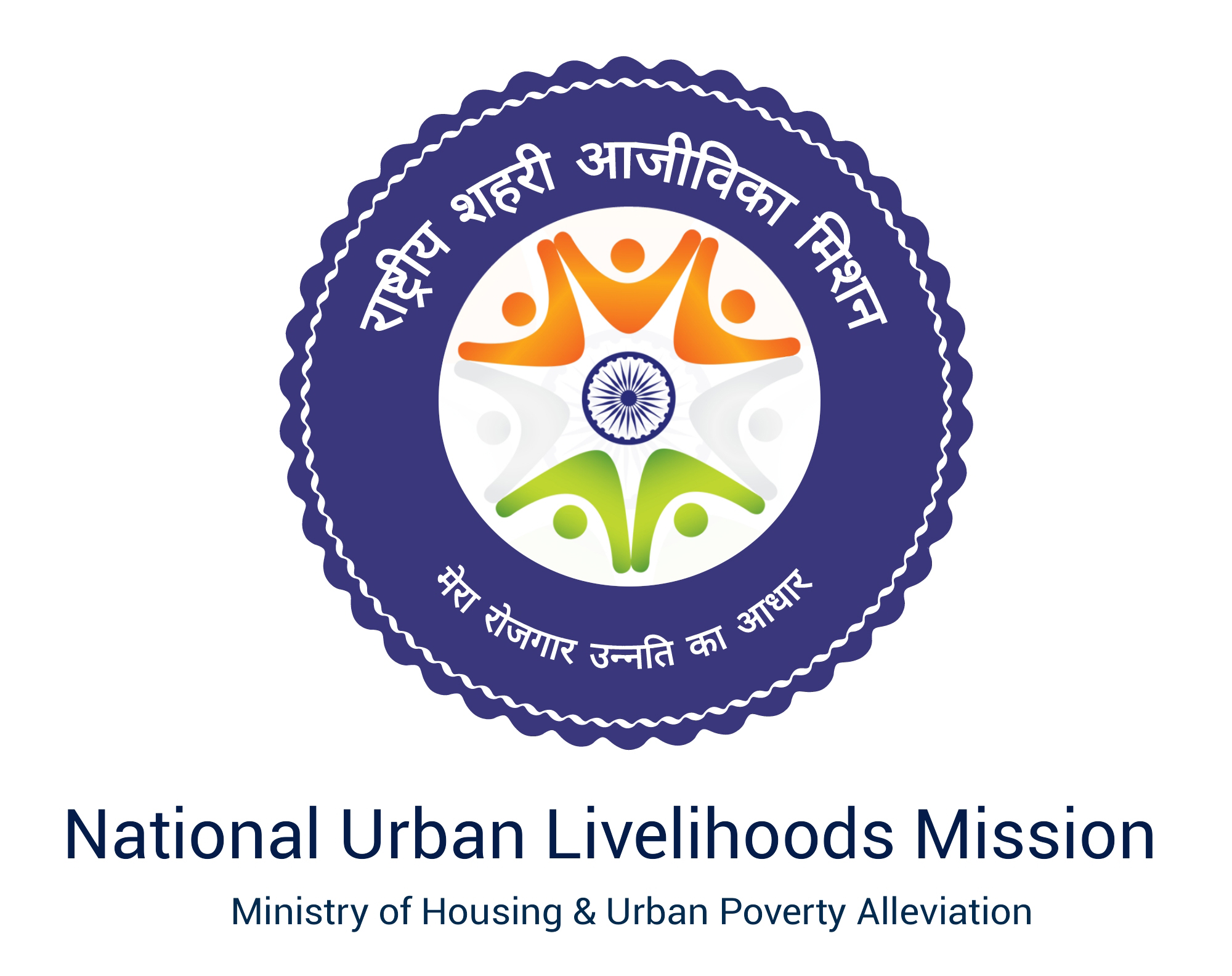 The primary aim of NULM is at providing shelter equipped with essential services to the urban homeless in a phased manner. The Mission would also address livelihood concerns of the urban street vendors who live under a constant threat of eviction, removal, confiscation of goods or with non-existent social security cover. NULM believes that by enhancing the entrepreneurial skills of the poor might help them come out of the poverty, by facilitating access to suitable spaces, institutional credit, social security and skills training.
The primary aim of NULM is at providing shelter equipped with essential services to the urban homeless in a phased manner. The Mission would also address livelihood concerns of the urban street vendors who live under a constant threat of eviction, removal, confiscation of goods or with non-existent social security cover. NULM believes that by enhancing the entrepreneurial skills of the poor might help them come out of the poverty, by facilitating access to suitable spaces, institutional credit, social security and skills training.
NULM acts a convergence between different schemes/programmes of the relevant line Ministries/Departments and programmes of state governments dealing with skills, livelihoods, entrepreneurship development, health, education, social assistance, etc. An alliance strategy with all concerned departments to promote skills training of rural-urban migrants and act as a bridge between the livelihoods of the rural and urban poor. NULM has also partnered with the private sector in providing skill training and employment for homeless. It strives on active participation of private and civil society sectors in providing shelter to these urban homeless, and to train them in necessary skills to be a part of a self-employed, technological and growing skilled India.
Ministry of Urban Development (MoUD) is the apex body which standardizes laws and regulations relating to the housing and urban development in India. Under the Ministry of Urban Development, the National Urban Livelihoods Mission (NULM) was founded to reduce poverty and susceptibility of the urban poor households by enabling them to access rewarding self-employment and regular wage employment opportunities, resulting in an appreciable improvement in their livelihoods on a sustainable basis by building strong level of institutions for the poor.
Ministry of Skill Development & Entrepreneurship (MSDE)
The Ministry of Skill Development and Entrepreneurship (MSDE) was setup in the year 2014 to create Skill workforce in India which at the time is only 5% as opposed to between 60% and 90% in the developed countries. Under the direction of Shri Rajiv Pratap Rudy, the Ministry of Skill Development and Entrepreneurship (MSDE) imparts Skill development/Vocation training for the youth.
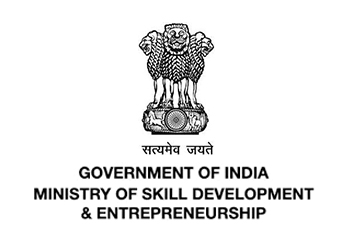 The Ministry is responsible for the co-ordination of all skill development efforts across the country from the removal of disconnect between demand and supply of skilled manpower, building the vocational and technical training context, skill up-gradation to building of new skills, and jobs that are to be created through the programme. MSDE aims to Skill 500 million men and women by the year 2022 with high Standards in order to achieve its vision of a ‘Skilled India’.
These initiatives are aided by its focused branches: National Skill Development Corporation (NSDC), National Skill Development Agency (NSDA), National Skill Development Fund (NSDF) and 33 Sector Skill Councils (SSCs) as well as 187 training partners (which STC Skills is a partner) registered with NSDC. The Ministry has also spread its efforts through existing network of skill development centers, universities and other alliances in the field.
The Ministry is responsible for the co-ordination of all skill development efforts across the country from the removal of disconnect between demand and supply of skilled manpower, building the vocational and technical training context, skill up-gradation to building of new skills, and jobs that are to be created through the programme. MSDE aims to Skill 500 million men and women by the year 2022 with high Standards in order to achieve its vision of a ‘Skilled India’.
These initiatives are aided by its focused branches: National Skill Development Corporation (NSDC), National Skill Development Agency (NSDA), National Skill Development Fund (NSDF) and 33 Sector Skill Councils (SSCs) as well as 187 training partners (which STC Skills is a partner) registered with NSDC. The Ministry has also spread its efforts through existing network of skill development centers, universities and other alliances in the field.
Further, coalitions with relevant Central Ministries, State governments, international organizations, various industries and NGOs has assured a multi-level engagement and more impactful implementation of the Ministry’s Skill development efforts.
Ministry of Rural Development Government of India (MORD)
 The Ministry of Rural Development (MoRD) is responsible for the development and welfare activities of rural areas. The vision of the Ministry is to provide livelihood opportunities and security to those in need, including women & other vulnerable sections. And in this regard, the National Rural Livelihood Mission (NRLM) under the Ministry of Rural Development initiated the Pandit Deen Dayal Upadhyaya Grameen Kaushalya Yojna (DDU-GKY), a placement linked Skill development scheme for the rural poor youth.
The Ministry of Rural Development (MoRD) is responsible for the development and welfare activities of rural areas. The vision of the Ministry is to provide livelihood opportunities and security to those in need, including women & other vulnerable sections. And in this regard, the National Rural Livelihood Mission (NRLM) under the Ministry of Rural Development initiated the Pandit Deen Dayal Upadhyaya Grameen Kaushalya Yojna (DDU-GKY), a placement linked Skill development scheme for the rural poor youth.
Deen Dayal Upadhyaya Grameen Kaushalya Yojna (DDU-GKY)
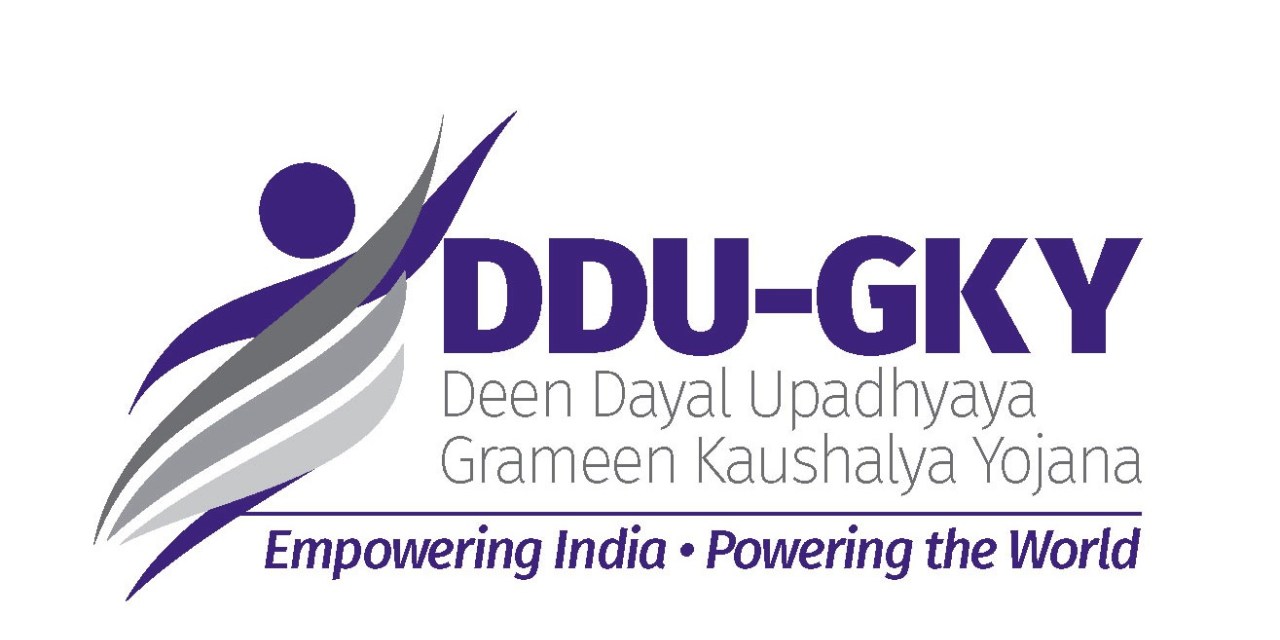 Pandit Deen Dayal Upadhyaya Grameen Kaushalya Yojna (DDU-GKY) initiative is part of the National Rural Livelihood Mission (NRLM) and is observed as Antoyadaya divas on 25th September every year. The DDU-GKY skill development program focuses on skilling rural youth to build a steady wage employment for them.
Pandit Deen Dayal Upadhyaya Grameen Kaushalya Yojna (DDU-GKY) initiative is part of the National Rural Livelihood Mission (NRLM) and is observed as Antoyadaya divas on 25th September every year. The DDU-GKY skill development program focuses on skilling rural youth to build a steady wage employment for them.
The DDU-GKY programme is an important component of the National Skill Development Policy and the important features of DDU-GKY are as follows:
- DDU-GKY undertakes market-led and placement linked skill development training programmes
- Placements to 75% of the trained candidates.
- The prime focus will be given to poor families falling under worker household and other minority sections
- Post placement support for all the trainees
- Form alliances with training partners who can train and support overseas and captive placements
- Promote PM’s campaign of “Make in India” through joint partnership with industry and DDU-GKY
The DDU-GKY scheme implementation programme involves State Governments (AAP), Technical Support Agencies, Panchayati Raj (NIRD & PR), and Project Implementing Agencies (PIAs). There are currently 9 states under the AAP status and include Andhra Pradesh, Bihar, Tamil Nadu, Telangana, Gujarat, Kerala, Orissa, Rajasthan & Uttar Pradesh.
Ministry of Minority Affairs
 The Ministry of Minority Affairs, Government of India was established to act as an apex body to initiate development programmes for the minority communities of India. The foremost mission of the ministry is to improve the socio-economic conditions of the minority communities with affirmative action towards development such that every citizen has equal opportunity to participate and actively contribute in the building of a lively nation. The Ministry also works towards facilitating an equitable share for minority communities in education, employment and other economic activities and to ensure their up-liftment in the society.
The Ministry of Minority Affairs, Government of India was established to act as an apex body to initiate development programmes for the minority communities of India. The foremost mission of the ministry is to improve the socio-economic conditions of the minority communities with affirmative action towards development such that every citizen has equal opportunity to participate and actively contribute in the building of a lively nation. The Ministry also works towards facilitating an equitable share for minority communities in education, employment and other economic activities and to ensure their up-liftment in the society.
The Ministry of Minority Affairs initiated-“Seekho aur Kamao (Learn & Earn)”, under the National Skill development Mission to upgrade the skills of minority youth in various field depending on their educational qualification, current economic growth trends and emergingmarket potential.
“Seekho AUR Kamao” (LEARN & EARN)
A Skill Development Initiative for Minorities The “Seekho aur Kamao” initiatives for Minorities aims to skill the youth on various fields and minimalize unemployment gap and create employability options for existing workers, school dropouts and ensure their placement. The main objectives of the Seekho aur Kamo (Learn and Earn) mission is
- Create employment opportunities for the minority youth.
- Improvement on socio-economic conditions of the minority communities.
- Placement based skill training with emphasis on soft skills, personality grooming at all.
- Generate means of livelihood for marginalized families.
- Equal opportunities in organized sector.
- Strengthen the multi-racial, multi-ethnic, multi-cultural, multi-lingual and multi-religious character of our nation.
The Scheme is implemented for the benefit of the 6 notified minority communities under National commission for Minorities Act 1992 (Muslims, Christians, Sikhs, Buddhists, Jains and Parsis), and other minority communities advised by the State/UT government.
NSDC | UDAAN
NSDC UDAAN by The Ministry of Home Affairs is formulated as a job plan for the state of Jammu & Kashmir through the scheme Special Industry Initiative (SII). The scheme is to provide skills and enhance employability of 40,000 youth in J& K under a span of 5 years.
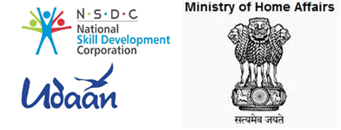 “Udaan”, the Special Industry Initiative (SII) by the Ministry of Home Affairs is implemented by National Skill Development Corporation (NSDC), and was initiated to address the issues of educated unemployed in J&K. The Ministry felt the educated youth of J &K who are Graduate, Post Graduates and three year diploma engineers do not receive relevant exposure into the corporate world as compared to the rest of India.
The aim is to provide equal opportunities to vast talent pool of educated youth in J & K through Skill development and hence creating job opportunities. The “Udaan”program targets to reach out to 40,000 youth in a span of 5 years and encourage the corporate to travel to J&K to meet the youth and explore the possibility to hire fresh talent willing to work with the corporate. The program also provides a framework of support for the youth to travel, undergo training in firms and transit to work.
STC Skills has been implementing a mandate for training and placing the youth of Jammu & Kashmir. After assessing the skill gap of the trainees, a training module is finalized and trainees are relocated to the facility where they are trained. After successful completion of the training, the trainees are placed accordingly with the skill-trained sectors in different companies.
“Udaan”, the Special Industry Initiative (SII) by the Ministry of Home Affairs is implemented by National Skill Development Corporation (NSDC), and was initiated to address the issues of educated unemployed in J&K. The Ministry felt the educated youth of J &K who are Graduate, Post Graduates and three year diploma engineers do not receive relevant exposure into the corporate world as compared to the rest of India.
The aim is to provide equal opportunities to vast talent pool of educated youth in J & K through Skill development and hence creating job opportunities. The “Udaan”program targets to reach out to 40,000 youth in a span of 5 years and encourage the corporate to travel to J&K to meet the youth and explore the possibility to hire fresh talent willing to work with the corporate. The program also provides a framework of support for the youth to travel, undergo training in firms and transit to work.
STC Skills has been implementing a mandate for training and placing the youth of Jammu & Kashmir. After assessing the skill gap of the trainees, a training module is finalized and trainees are relocated to the facility where they are trained. After successful completion of the training, the trainees are placed accordingly with the skill-trained sectors in different companies.
Transforming the Skill Landscape
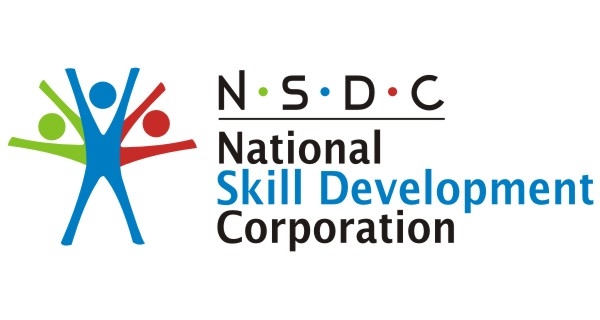 The National Skill Development Corporation, (NSDC) is a first-of-its kind Public Private Partnership (PPP) in India, operating under the Ministry of Skill Development & Entrepreneurship to promote Skill development by creating scalable for-profit vocational institutions. NSDC was set up to implement the Skill development mission and fulfill the growing need of skilled manpower across sectors by narrowing the existing gap in the capacity and quality of training infrastructure. The largest part of the organization and its efforts are focused on the private sectors and towards developing the skills of the unorganized sectors.
The main objective of the NSDC is to fund for-profit vocational training initiatives for the skilling / up-skilling of 400 million people in India by the year 2022, mainly by promoting private sector initiatives in skill development programs. STC Skills is one of the funded partners among the 267 training partners imparting Sector Skill Council (SSC) certified training.
The National Skill Development Corporation, (NSDC) is a first-of-its kind Public Private Partnership (PPP) in India, operating under the Ministry of Skill Development & Entrepreneurship to promote Skill development by creating scalable for-profit vocational institutions. NSDC was set up to implement the Skill development mission and fulfill the growing need of skilled manpower across sectors by narrowing the existing gap in the capacity and quality of training infrastructure. The largest part of the organization and its efforts are focused on the private sectors and towards developing the skills of the unorganized sectors.
The main objective of the NSDC is to fund for-profit vocational training initiatives for the skilling / up-skilling of 400 million people in India by the year 2022, mainly by promoting private sector initiatives in skill development programs. STC Skills is one of the funded partners among the 267 training partners imparting Sector Skill Council (SSC) certified training.

Recognition of Prior Learning (RPL) is a platform to provide recognition to the informal learning or learning through work to get equal acceptance as the formal levels of education. It aims to appreciate prior learning irrespective of the medium of achieving it. In short, RPL is a process of assessment of an individual’s prior learning to give due importance to learning as an outcome rather than learning as process.
To ensure that the candidates being assessed under RPL are also oriented to the standardized NSQF levels, QP-NOSs that would be followed under RPL will be same as the one followed under fresh training. Further, to ensure the acceptance of RPL in Indian market, various pilots have been conducted by different sector skill councils and NSDA and the learnings are incorporated while preparing the guidelines for RPL in PMKVY. Under PMKVY, special focus is given to RPL by recognizing prior competencies of the assessed candidates and provides a certificate and monetary reward on successful completion of assessments. Average monetary reward under RPL would be around Rs.3,200 per candidate. Following allocation has been done under RPL in the PMKVY. It is mandated that following reward amount be left for the trainee. This will encourage the trainee to participate in the process of RPL.
